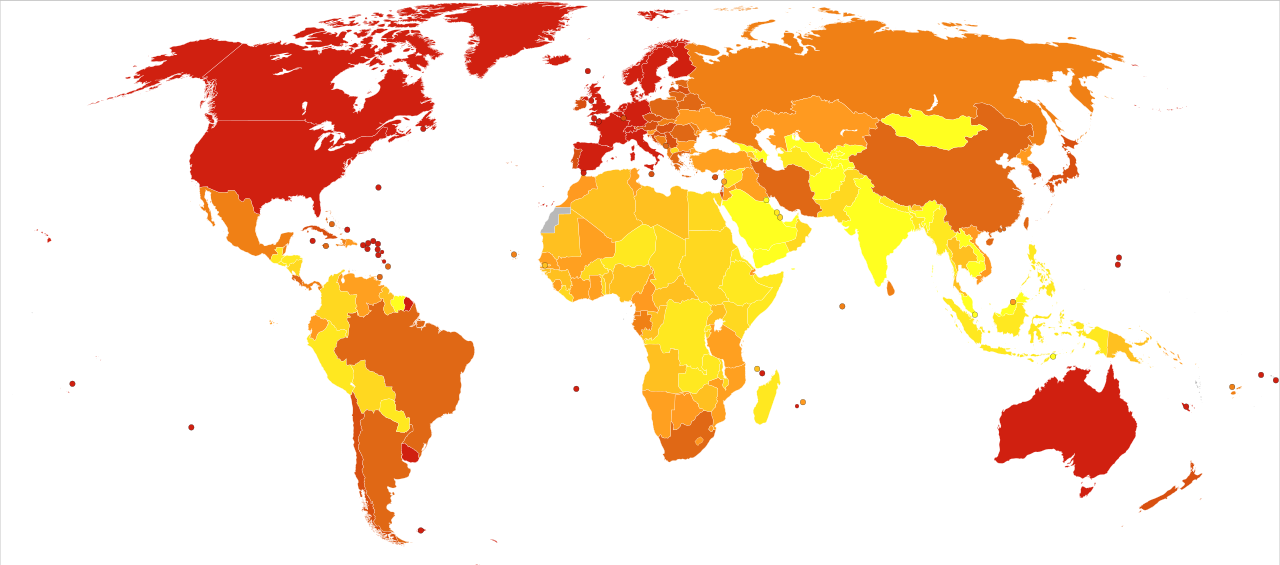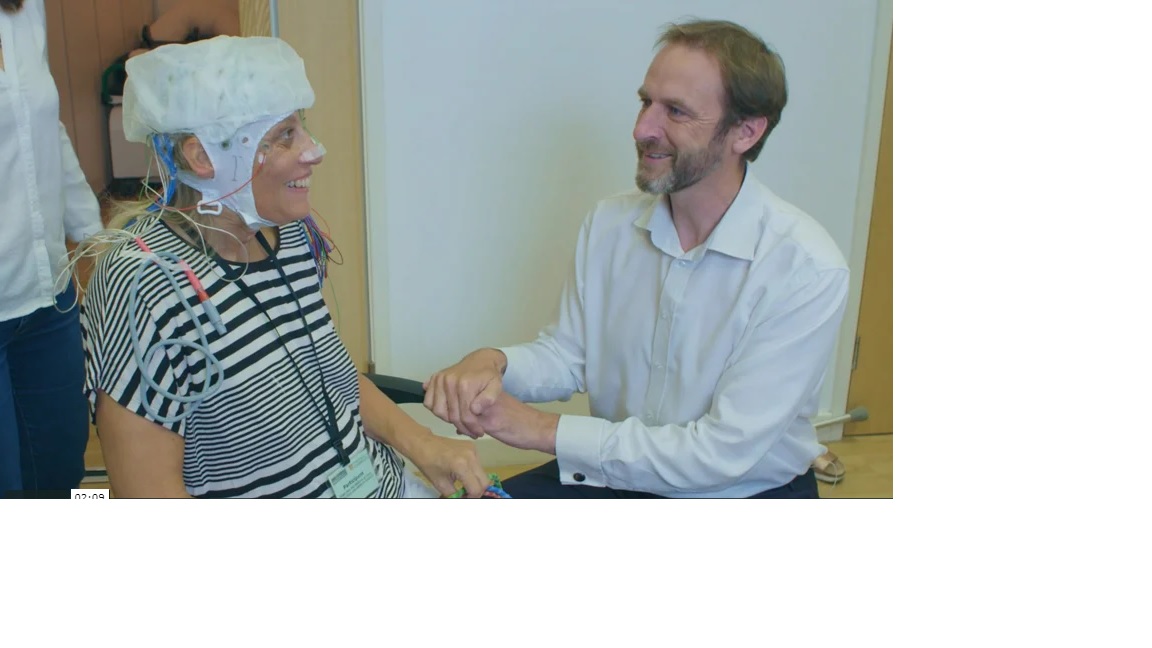
The PiPPIN Study
The PiPPIN study is an observational study of frontotemporal lobar degeneration syndromes. These include behavioural variant frontotemporal dementia (bvFTD), primary progressive aphasia (PPA), non-fluent variant primary progressive aphasia (nfvPPA), semantic variant primary progressive aphasia (svPPA) or semantic dementia (SD), progressive supranuclear palsy (PSP), and corticobasal syndrome (CBS). These disease have overlapping symptoms and brain changes which is why we study them together.
The study has several aims. First, to estimate how common (incidence and prevalence) these diseases are. Second, to improve our understanding of what symptoms these illness cause, including the cognitive, behavioural, language and movement disorders that occur, and how they relate to prognosis. The study has a particular focus on apathy and impulsivity, which are both common in FTLD syndromes and cause significant disease burden. Third, to better understand the FTLD disease process, including its effect on brain structure and function.
The study has been running since 2013 and results have been published in leading medical journals and presented at international conferences. We have published reports of the epidemiology (https://doi.org/10.1212/WNL.0000000000002638 ), clinical phenotype and overlap (https://doi.org/10.1093/brain/awaa097), behavioural impairments including apathy and impulsivity (https://doi.org/10.1093/brain/awx101) and prognosis (https://doi.org/10.1101/2020.02.11.20022061, https://doi.org/10.1212/WNL.0000000000007249 ) of FTLD syndromes. These papers are technical and aimed at healthcare professionals, but the study team has also presented our findings to patients and their families at meetings across East Anglia.
Recruitment into the study is ongoing, and anyone with a diagnosis of the above conditions living in Cambridgeshire or Norfolk is eligible. We adjust the study to account for individual circumstances and ability and no one part is compulsory. For more information please contact the study team, currently Dr Katherine Stockton (kcg30[at]medschl.cam.ac.uk).
The GENFI-2 study (a multi-centre study)
The Genetic Frontotemporal dementia Initiative (GENFI) is a multi-centre study across Europe and Canada with expertise in familial frontotemporal dementia (FTD). It is coordinated by Dr Jonathan Rohrer at University College London.
The major aim of the study is to investigate genetic frontotemporal dementia, particularly patients and healthy relatives in families where someone has a mutations in the progranulin (GRN), microtubule-associated protein tau (MAPT), or chromosome 9 open reading frame 72 (C9ORF72) genes.
GENFI investigates either people who have developed symptoms already or their healthy relatives. Understanding the development of FTD symptoms from the beginning is important to establish new biomarkers and preventative treatments.
Importantly, healthy participants do not need to know their genes, and can take part with confidence, without finding out their genes. If you would like to know more about this study, please contact Carolyn Timberlake.
The GOLDeN Study
The GOLDeN (Genetics of Leucopathology, Dementia and Neurodegeneration) study is a large observational study designed to look at genes that might cause or prevent dementias, of all different types.
The study will look at how genes and genetic variants contribute to dementia, neurodegenerative diseases, and memory problems. By identifying genes, one can build the links between the molecular biology and chemistry of degeneration, enabling the targeting of novel drug discovery programmes.
If you would like to know more about this study, please contact Lucy Bowns.
The COGENT Study (collaboration)
The COGENT (Causes of COgnition and BEhavioural Changes in Neurodegeneration and DemenTia) study is a three-year observational study with two stages for patients with neurodegenerative diseases such as Alzheimer's disease, mild cognitive impairment (MCI), motor neuron disease (MND), frontotemporal dementia (FTD), corticobasal degeneration (CBD), and progressive supranuclear palsy (PSP).
Patients undergo memory testing and clinical assessments to investigate cognitive and behavioural changes, and a blood test for genetic and chemical markers. A subset of patients will have a brain scan to assess also the neurological underpinning of cognition and behaviour.
Researchers and Nurses
Selected Publications
- Turner, M. R., Al-Chalabi, A., Chio, A., Hardiman, O., Kiernan, M. C., Rohrer, J. D., Rowe, J., Seeley, W., & Talbot, K. (2017). Genetic screening in sporadic ALS and FTD. J Neurol Neurosurg Psychiatry. doi:10.1136/jnnp-2017-315995 PMID: 28642287
- Lansdall, C. J., Coyle-Gilchrist, I. T. S., Jones, P. S., Vazquez Rodriguez, P., Wilcox, A., Wehmann, E., Dick, K. M., Robbins, T. W., & Rowe, J. B. (2017). Apathy and impulsivity in frontotemporal lobar degeneration syndromes. Brain, 140(6), 1792-1807. doi:10.1093/brain/awx101 PMID: 28486594
- Mutsaerts, H., Petr, J., Thomas, D. L., De Vita, E., Cash, D. M., van Osch, M. J. P., Golay, X., Groot, P. F. C., Ourselin, S., van Swieten, J., Laforce, R., Jr., Tagliavini, F., Borroni, B., Galimberti, D., Rowe, J. B., Graff, C., Pizzini, F. B., Finger, E., Sorbi, S., Castelo Branco, M., Rohrer, J. D., Masellis, M., MacIntosh, B. J., & investigators, G. (2017). Comparison of arterial spin labeling registration strategies in the multi-center GENetic frontotemporal dementia initiative (GENFI). J Magn Reson Imaging. doi:10.1002/jmri.25751 PMID: 28480617
- Premi, E., Grassi, M., van Swieten, J., Galimberti, D., Graff, C., Masellis, M., Tartaglia, C., Tagliavini, F., Rowe, J. B., Laforce, R., Jr., Finger, E., Frisoni, G. B., de Mendonca, A., Sorbi, S., Gazzina, S., Cosseddu, M., Archetti, S., Gasparotti, R., Manes, M., Alberici, A., Cardoso, M. J., Bocchetta, M., Cash, D. M., Ourselin, S., Padovani, A., Rohrer, J. D., Borroni, B., & Genetic, F. T. D. I. (2017). Cognitive reserve and TMEM106B genotype modulate brain damage in presymptomatic frontotemporal dementia: a GENFI study. Brain, 140(6), 1784-1791. doi:10.1093/brain/awx103 PMID: 28460069 PMC5445253
- Coyle-Gilchrist, I. T., Dick, K. M., Patterson, K., Vazquez Rodriquez, P., Wehmann, E., Wilcox, A., Lansdall, C. J., Dawson, K. E., Wiggins, J., Mead, S., Brayne, C., & Rowe, J. B. (2016). Prevalence, characteristics, and survival of frontotemporal lobar degeneration syndromes. Neurology, 86(18), 1736-1743. doi:10.1212/WNL.0000000000002638 PMID: 27037234 PMC4854589
- Rohrer, J. D., Nicholas, J. M., Cash, D. M., van Swieten, J., Dopper, E., Jiskoot, L., van Minkelen, R., Rombouts, S. A., Cardoso, M. J., Clegg, S., Espak, M., Mead, S., Thomas, D. L., De Vita, E., Masellis, M., Black, S. E., Freedman, M., Keren, R., MacIntosh, B. J., Rogaeva, E., Tang-Wai, D., Tartaglia, M. C., Laforce, R., Jr., Tagliavini, F., Tiraboschi, P., Redaelli, V., Prioni, S., Grisoli, M., Borroni, B., Padovani, A., Galimberti, D., Scarpini, E., Arighi, A., Fumagalli, G., Rowe, J. B., Coyle-Gilchrist, I., Graff, C., Fallstrom, M., Jelic, V., Stahlbom, A. K., Andersson, C., Thonberg, H., Lilius, L., Frisoni, G. B., Pievani, M., Bocchetta, M., Benussi, L., Ghidoni, R., Finger, E., Sorbi, S., Nacmias, B., Lombardi, G., Polito, C., Warren, J. D., Ourselin, S., Fox, N. C., Rossor, M. N., & Binetti, G. (2015). Presymptomatic cognitive and neuroanatomical changes in genetic frontotemporal dementia in the Genetic Frontotemporal dementia Initiative (GENFI) study: a cross-sectional analysis. Lancet Neurol, 14(3), 253-262. doi:10.1016/S1474-4422(14)70324-2 PMID: 25662776

